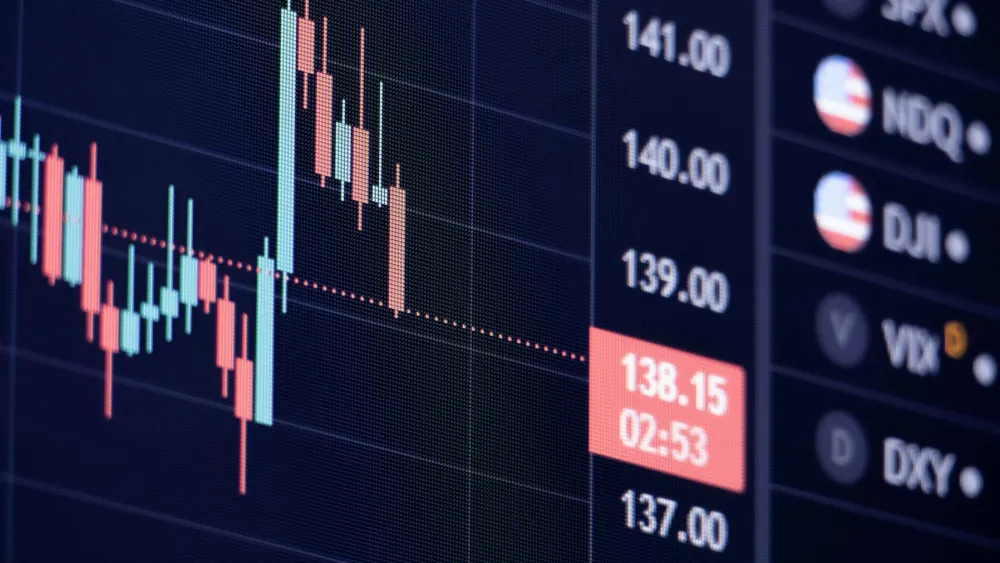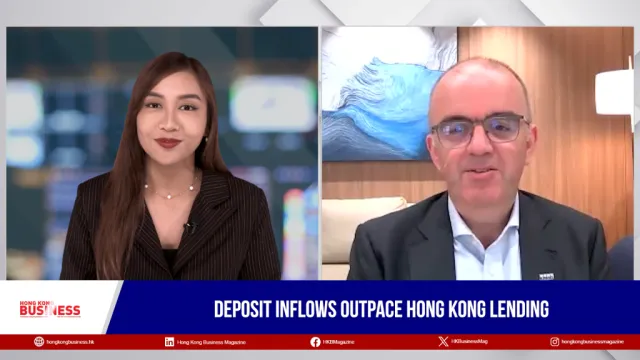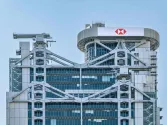
Hong Kong's independent director caps face opposition
About 1,500 lingering and 23 overboarding INEDS in 810 and 181 firms are in the spotlight.
Hong Kong’s stock exchange faces resistance in its plan to limit the tenure of independent non-executive directors (INED) and the number of boards they can sit on, amidst a global economic uncertainty.
Some market players have questioned the wisdom of the timing, whilst others insist the proposal is a step in the right direction toward better corporate governance.
The government expects the economy to continue growing for the rest of the year, though factors including geopolitical tensions and persistently high global interest rates pose a risk.
The proposal to ban INEDS from holding office with a listed company for over nine years continuously is unlikely to make “any real difference to board independence in the majority of cases,” Julia Charlton, a principal partner at boutique law firm Charltons, told Hong Kong Business.
Charlton, who has practised as a solicitor in Hong Kong since 1987, said the proposed nine-year tenure cap could deprive many listed companies and their stakeholders of experienced non-executive directors “who understand the particular company’s business and regulatory obligations and may be well placed to offer informed opinions on the company’s affairs.”
Under the Hong Kong Exchanges and Clearing Ltd’s (HKEX) plan, which was proposed in June, newly listed companies must comply starting January 2025, whilst existing companies have three years to do so.
Charlton, whose boutique law firm advises clients based in mainland China and across Asia, the US and Europe on international transactions, noted that whilst the HKEX links INED tenure to independence in its consultation paper, it could evaluate more fully the potential benefits of long tenure in some cases.
But Claudia Yiu, a partner at law firm Simmons & Simmons, said the nine-year tenure cap is important given INEDS’ “integral role in providing checks and balances for both management and the rest of the board.”
"An INED’s lack of ties with the issuer supports their ability to provide an objective view, which may counter the views of nonindependent directors or the issuer’s management,” she told Hong Kong Business.
“If an INED has a long-established relationship with the issuer’s management, the director may be less inclined to raise questions or otherwise scrutinise management decisions as a result of that familiarity,” she added.
The cap could also encourage the board of listed companies to get fresh perspectives, Yiu said.
Johnson Kong, managing director at BDO Hong Kong, said losing a long-serving and experienced independent non-executive director should not be a problem because he could just be given a different position in other units.
Under the rules, a non-executive director who has served the board for nine years may go back after a two-year cooling-off period, during which he must not hold a directorship position at the company or any of its units.
Regulators in countries like the UK and Australia have acknowledged in their corporate governance codes that lengthy board tenures can affect a director’s independence, Kong said.
The UK does not limit the tenure of non-executive directors, but nine years is the de facto ceiling because they are no longer considered independent if they have served that long, according to the UK-based Institute of Directors.
Australia also has no hard limits on how long a non-executive director can serve on a company’s board, though tenure beyond 10 years is considered “contrary to good governance and best practice,” according to a January 2024 paper published by Taylor & Francis Group.
Meanwhile, Charlton doubted the effectiveness and necessity at the current time of the main proposals in the revised Corporate Governance Code framework, specifically the need for listed companies to appoint a lead INED.
Charlton said shares of Hong Kong-listed companies are generally not as widely held as those in the UK, which may be a factor in the latter’s requirements relating to a lead INED.
‘Independent voice’
Twenty-three overboarding INEDs served on the boards of 181 companies listed on the HKEX, or about 7% of all members, at the end of 2023, according to Charltons. Five overboarding INEDs held 10 or more listed company directorships.
About 1,500 INEDs have served as directors in 810 companies — about 31% of Hong Kong’s listed companies — for longer than nine years, according to HKEX data.
Yiu said a lead INED could “strengthen the INEDs’ independent voice by facilitating communication with the rest of the board.” She added that the proposal is not meant to just reinforce board independence.
“The idea is that a lead INED can serve as a clear point of contact for both existing and potential shareholders, and can provide shareholders with the INEDs’ views on the issuer’s governance and matters such as corporate strategy,” she said.
Yiu said a separate channel for shareholder communication, a method tried and tested elsewhere, poses no downside. Other countries that require or recommend listed issuers to appoint an INED as lead or senior INED are Singapore and Australia.
Yiu said the six-board limit is crucial, noting that whilst independent non-executive directors may not be involved in an issuer’s day-to-day affairs compared with executive directors, they are held to the same standard of care.
“Where a director takes on too many directorships and/or has other significant outside commitments, this may compromise their ability to devote sufficient time and energy to properly discharge their duties in respect of each issuer on whose board they sit,” she added.
Kong noted that even Hong Kong’s government has a six-board limit for people who serve as nonofficial members of advisory and statutory bodies.
The limit is also consistent with the Hong Kong Monetary Authority’s guidance for independent non-executive directors in the banking industry, he added.
Charlton noted that to comply with the rules, 1,500 long-serving INEDs must be replaced by affected companies by the end of their first annual general meeting after 31 December 2027.
She said Hong Kong could take inspiration from the US, which she described as currently the world’s most successful equity market.
The US model “empowers listed companies to some extent to choose arrangements that best suit their stage of development, rather than imposing a ‘one size fits all’ requirement on diverse companies, both large and small, she added.



















 Advertise
Advertise









